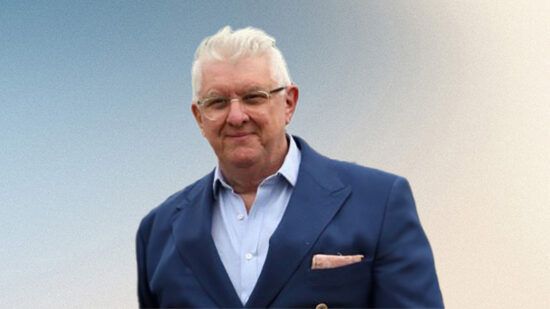European sustainable funds are continuing to grow at record pace – with 168 new funds launching in the first half of 2019, figures from Morningstar reveal.
Assets under management grew a record 20.5% to EUR 595bn in the first six months of this year, supported by record net flows of EUR 36.9bn and positive stock market returns, Morningstar’s ‘European Sustainable Funds Landscape’ report revealed.
This surpasses all past semi-annual figures and closes in on 2018’s net flows of EUR 38bn for the full year.
The 168 of new sustainable funds is also set to overtake the record 305 new offerings in 2018, as asset managers take advantage of growing investor demand.
As of the end of June 2019, Morningstar identified 2,232 sustainable funds domiciled in Europe.
Among the top 10 funds by ESG fund flows, three are global equity offerings, including Nordea 2 Global Sustainability Enhanced Equity, which attracted the most flows.
Also featured are three fixed-income products, including iShares ESG Screened Euro Corp Bond Index, which, since its inception in May, has already collected a staggering EUR 920m.
At the bottom of the flows league table, Nordea 1 Stable Return registered the largest outflows. Four eurozone equity funds also bled assets, which may be attributed to the current pessimism within the Eurozone, Morningstar said.
Norwegian savings and insurance group Storebrand leads the provider league table with its suite of sustainably screened and ESG-integrated funds amounting to EUR 33.3bn.
Passive sustainable funds also continued to gain ground, with one fourth of new flows pouring into ESG index funds and ETFs in the first half of 2019. Passive funds now represent 17.7 per cent of the European sustainable fund market, up from 10 per cent five years ago.
The report also found that information provided in legal and marketing documents about how funds, both sustainable and traditional, use ESG is often incomplete and unclear. This, coupled with a lack of standardised language, makes it difficult to understand the extent to which funds adopt ESG and also makes categorising and comparing strategies challenging, Morningstar warned.
“Fund investors now have a sufficient number of suitable sustainable fund options from which to choose, enabling them to build broadly diversified portfolios. For years, that was not the case,” Hortense Bioy, Morningstar’s director of passive strategies and sustainability research for Europe said in the report.
“We have identified three broad categories, ESG Focus, Impact, and Sustainable Sectors. As more traditional funds become sustainable, we expect many existing sustainable strategies will shift to the left, toward Impact. Sustainable Sector funds should also experience growth as more investors see opportunities in the low-carbon transition to a green economy,” Bioy added.








